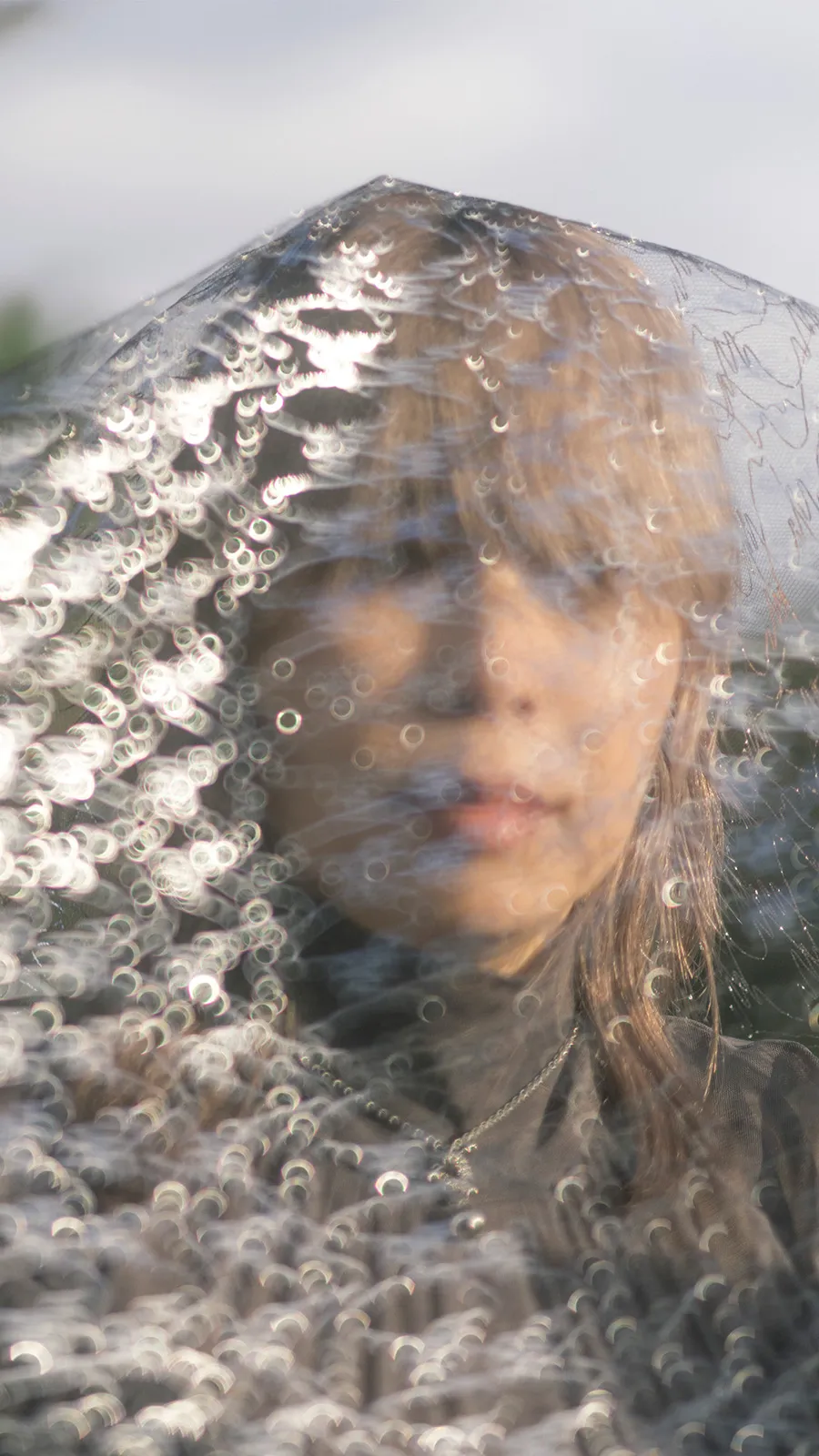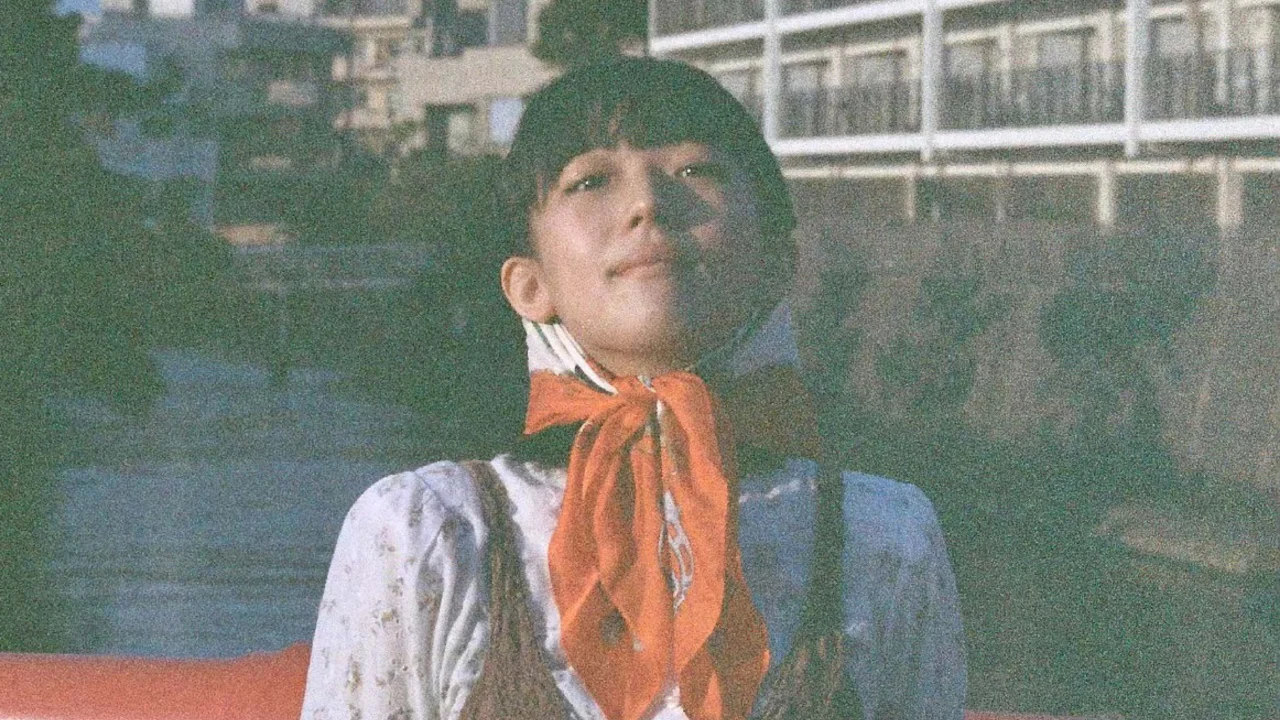INDEX
The Invisible Pressure of “Personal Responsibility” on Creators
So you didn’t start creating this work because you were inspired by social issues or music?
Ishibashi: It may be reflected to some extent, but I wasn’t trying to focus on social issues. I think the lyrics simply express the feelings and thoughts I experience in everyday life at that moment. I didn’t intend to write such serious lyrics, but I guess something just welled up inside me that I had to express.
That strong sense of resistance really came through clearly.
Ishibashi: Also, the death of someone close to me influenced the work. In 2023, I composed the music for a short documentary about Kazuya Hiraide*, an alpine climber.
In July 2024, I was asked to create music for a feature-length documentary about Hiraide’s challenge of an uncharted route on the west side of K2. But he never came back. At that time, I saw unrelated people online saying whatever they wanted. What Hiraide was trying to do was very clear — he wanted to convey something through mountaineering. Yet those who refused to understand shouted the loudest nonsense. It’s really frustrating.
*Kazuya Hiraide is one of Japan’s leading alpine climbers and a mountain photographer. Well known as a pair with Kenro Nakajima, he has won the “Piolet d’Or” — called the “Academy Award of mountaineering” — three times. In July 2024, he attempted an uncharted route on the west face of K2 (8,611 meters), the world’s second-highest peak, but tragically fell and died along with Nakajima.
You sometimes see opinions that make you think, “Are you telling us to just stay home and do nothing?” Or people saying things like, “Don’t waste taxpayers’ money on the arts.”
Ishibashi: Yes, voices like that have definitely become more prominent in recent years. I felt that way even back when journalist Kenji Goto was killed by ISIS.
Right, Kenji Goto, the freelance journalist who died in 2015. It’s hard to wrap our heads around that kind of mentality, but it’s important to realize that those people aren’t some distant force—they’re right there, close to home.
Ishibashi: Exactly. They exist right alongside our everyday lives.
Is it an exaggeration to say that there’s a sense of “musician’s responsibility” behind this album?
Ishibashi: A musician’s responsibility… Honestly, I don’t think artists should have to carry any particular burden. That doesn’t mean artists shouldn’t speak out politically—it just means everyone should feel free to express whatever it is they want to express. If there is a responsibility, it’s simply to devote yourself to your work and create something with your whole life. But at the same time, it’s true that there’s this pressure now — like if you don’t say something, you’re complicit.
I was feeling tired of that kind of talk, and I imagined everyone else must be too. So originally, I intended to make something looser, more carefree—something you could just drift along with while listening. But maybe I haven’t grown enough as a person yet, because I couldn’t quite get there. Sometimes I dream of making a full album of love songs by the time I turn 60.
That makes sense. As an artist, there’s also the option of intentionally putting something gentle or light into the world, especially when society feels this heavy.
Ishibashi: Exactly. But as I kept working on it, the whole thing gradually started to take on more weight.
























